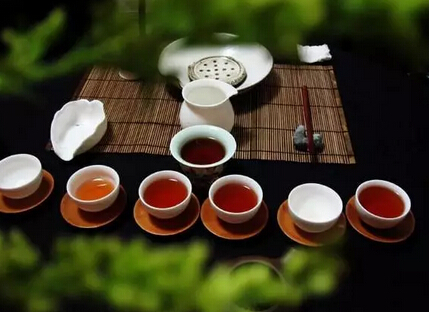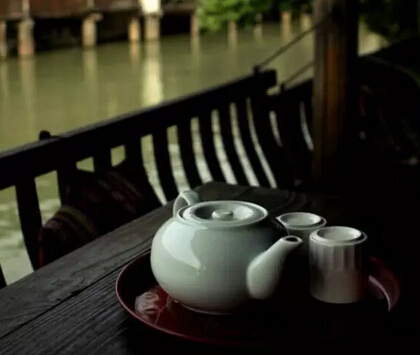
Tang Dynasty pharmacologist Chen Cangqi once said, "All medicines are for specific diseases, but tea is the medicine for all diseases." This statement appears exaggerated and is often taken out of context by many today.
In reality, traditional Chinese medicine rarely relies on a single herb to treat illnesses. It usually involves a combination of several or multiple herbs in prescriptions. For tea to achieve therapeutic effects, it still needs to be combined with other herbs.
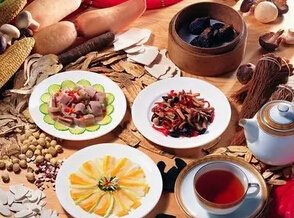
Although tea alone cannot cure all diseases, it is undoubtedly the healthiest beverage. Proper tea consumption can prevent many illnesses.
Japanese medical researchers have found: "The lower incidence of atherosclerosis and heart disease in China compared to the West is not only due to genetic factors, lifestyle, and dietary structure but also related to the Chinese habit of drinking tea."
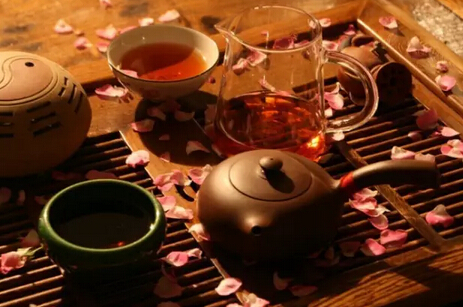
Sun Yat-sen, a pioneer of China's democratic revolution, once praised, "Tea is the most hygienic and exquisite human beverage."
We should not mythologize tea. In essence, tea is无心 (without intention), whether in the refined context of "qin, qi, calligraphy, painting, poetry, wine, and tea" or the mundane "firewood, rice, oil, salt, sauce, vinegar, and tea." Tea is always "humans amidst plants."
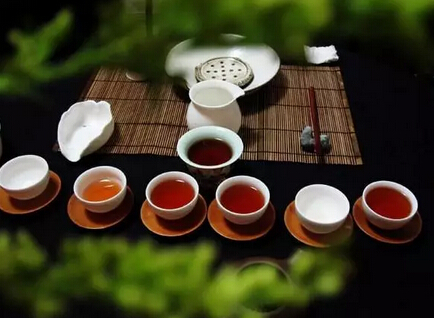
"Shennong's Herbal Classic" records: "Shennong tasted hundreds of herbs, encountered 72 poisons in a day, and was cured by tea." Although "Shennong's Herbal Classic" was later attributed to Shennong by medical practitioners and may not be entirely credible, the earliest discovery and use of tea indeed began with its medicinal properties.
"Shennong's Herbal Classic" also states, "Long-term consumption of tea makes one strong and cheerful." This indicates that drinking tea can improve mental well-being and physical health, which is highly reliable.
Tang Dynasty pharmacologist Chen Cangqi once said, "All medicines are for specific diseases, but tea is the medicine for all diseases." This statement appears exaggerated and is often taken out of context by many today.
In reality, traditional Chinese medicine rarely relies on a single herb to treat illnesses. It usually involves a combination of several or multiple herbs in prescriptions. For tea to achieve therapeutic effects, it still needs to be combined with other herbs.
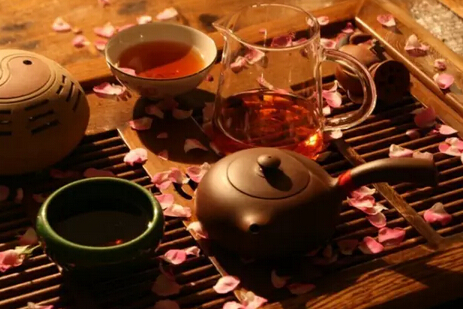
Sun Yat-sen, a pioneer of China's democratic revolution, once praised, "Tea is the most hygienic and exquisite human beverage."
We should not mythologize tea. In essence, tea is无心 (without intention), whether in the refined context of "qin, qi, calligraphy, painting, poetry, wine, and tea" or the mundane "firewood, rice, oil, salt, sauce, vinegar, and tea." Tea is always "humans amidst plants."
